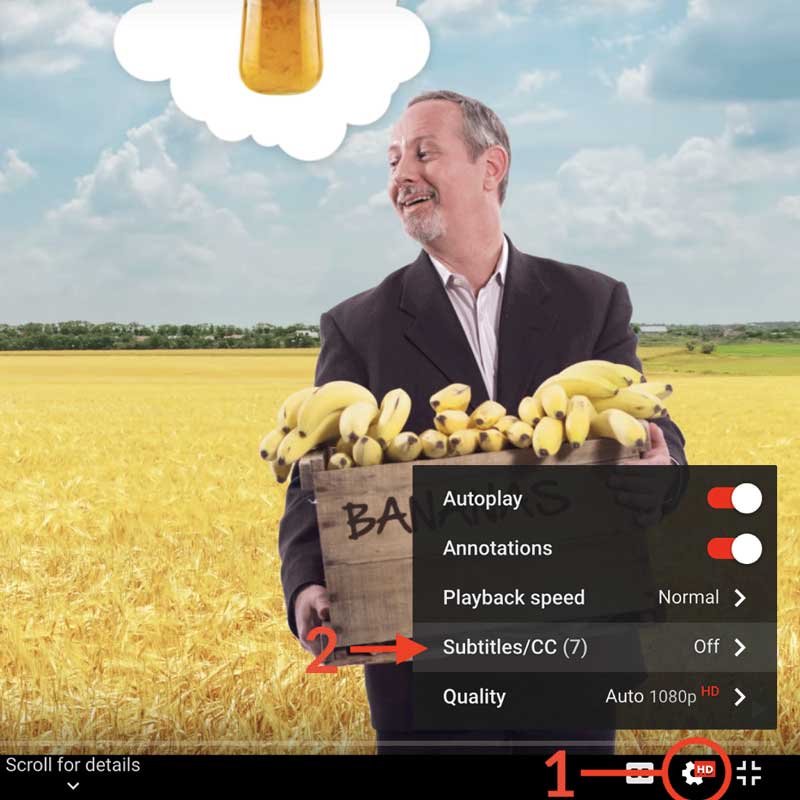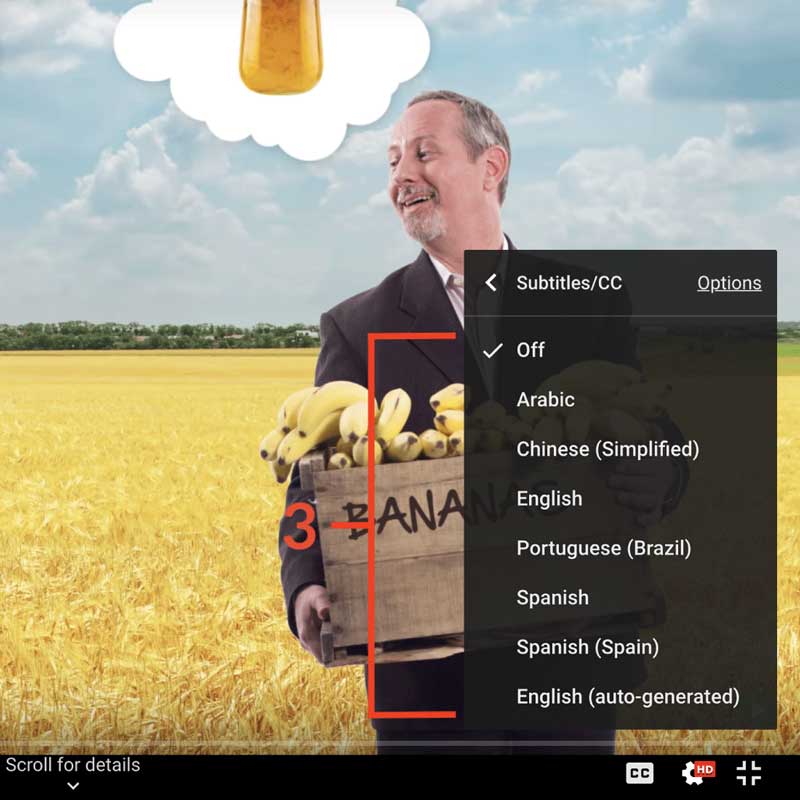Maquiladoras
Course Outline
Maquiladoras
A maquiladora is a Mexican plant that imports inputs from the US, processes them in a way that adds value, and then exports the finished goods back to the US. Between 1980 and 1995, the number of maquiladoras increased from 539 to more than 2000. 776,000 people, or approximately 20% of Mexico's labor force, was employed by those plants. But how has NAFTA, which was enacted in 1994, affected maquiladoras? This video takes a look at data from an article titled "The Rise of Maquiladoras" by Joshua Cohen.
Teacher Resources
Related to this course
See all Teacher Resources related to this course
Subtitles
Thanks to our awesome community of subtitle contributors, individual videos in this course might have additional languages. More info below on how to see which languages are available (and how to contribute more!).
How to turn on captions and select a language:
- Click the settings icon (⚙) at the bottom of the video screen.
- Click Subtitles/CC.
- Select a language.


Contribute Translations!
Join the team and help us provide world-class economics education to everyone, everywhere for free! You can also reach out to us at [email protected] for more info.
Submit subtitles
Accessibility
We aim to make our content accessible to users around the world with varying needs and circumstances.
Currently we provide:
- A website built to the W3C Web Accessibility standards
- Subtitles and transcripts for our most popular content
- Video files for download
Are we missing something? Please let us know at [email protected]
Creative Commons

This work is licensed under a Creative Commons Attribution-NoDerivatives 4.0 International License.
The third party material as seen in this video is subject to third party copyright and is used here pursuant
to the fair use doctrine as stipulated in Section 107 of the Copyright Act. We grant no rights and make no
warranties with regard to the third party material depicted in the video and your use of this video may
require additional clearances and licenses. We advise consulting with clearance counsel before relying
on the fair use doctrine.